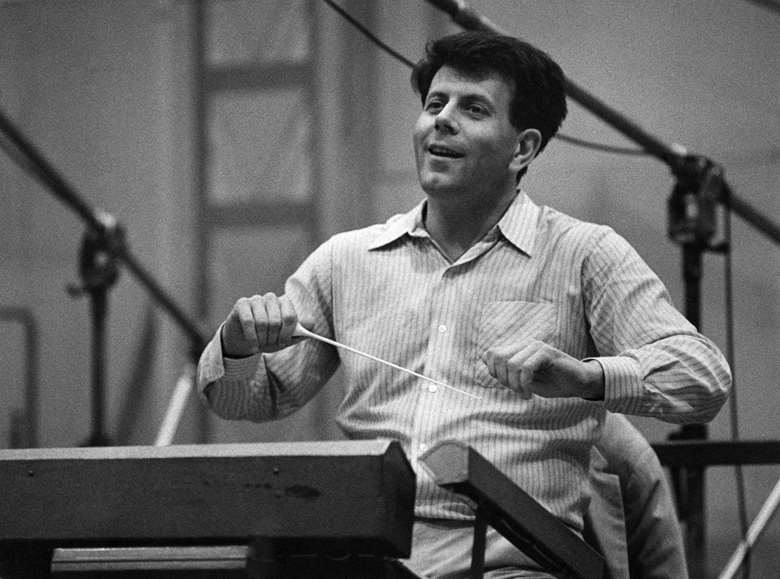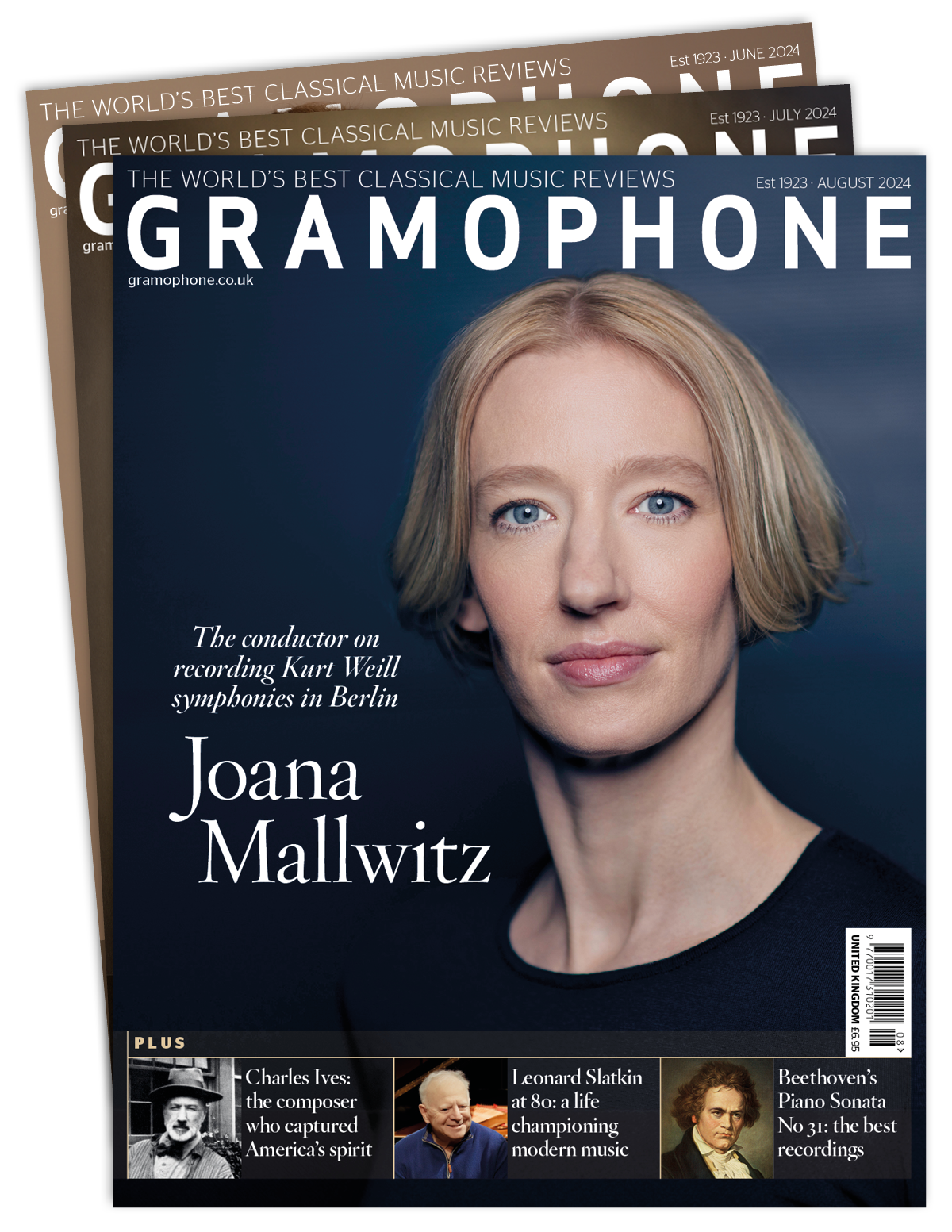Raymond Leppard, champion of Baroque opera, and so much more, has died
Gramophone
Wednesday, October 23, 2019
Born August 11, 1927; died October 22, 2019

Register now to continue reading
Thanks for exploring the Gramophone website. Sign up for a free account today to enjoy the following benefits:
- Free access to 3 subscriber-only articles per month
- Unlimited access to our news, podcasts and awards pages
- Free weekly email newsletter









